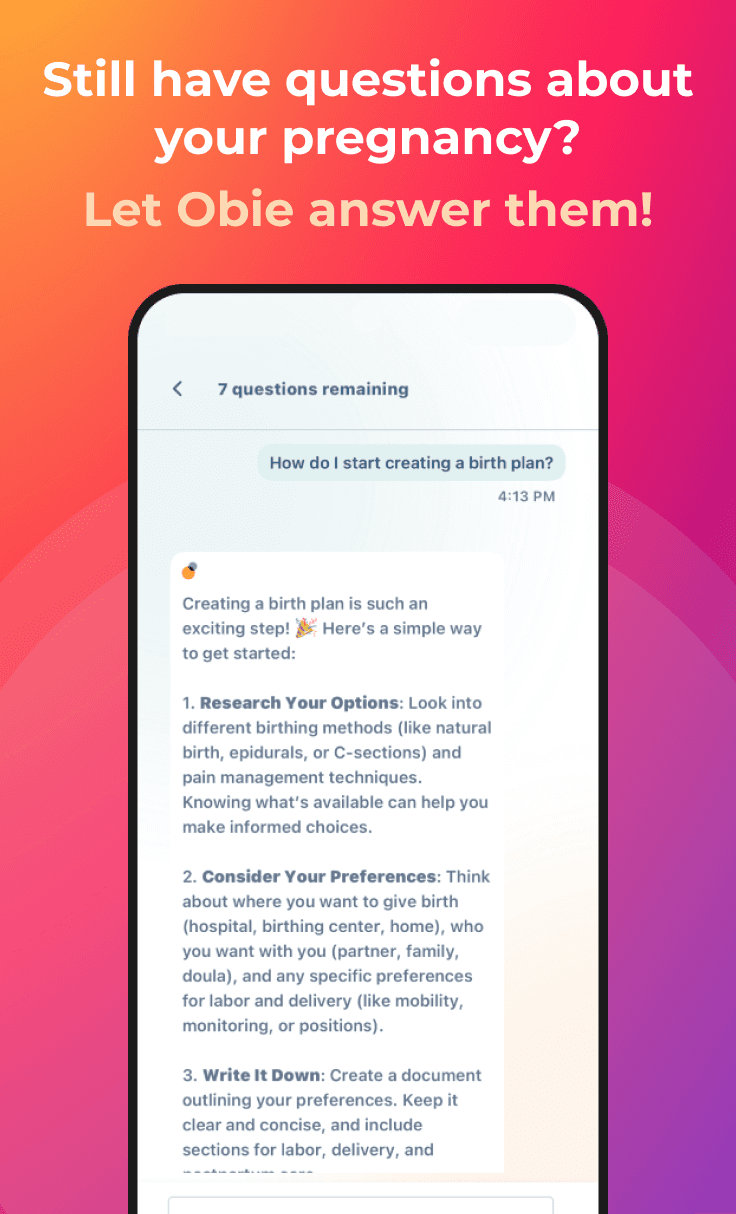Do Routine Vaginal Examinations Improve Labor Outcome?
Pregnancy News
Obie Editorial Team
During labor, vaginal examinations are commonly used to predict progression of labor and labor outcome, but researchers from the University of Central Lancashire in the United Kingdom suggest medical literature and outcomes do not support the practice. The results of the clinical review were published in the Cochrane Database of Systematic Reviews.
Researchers reviewed clinical studies published before March 1, 2013, in the Cochrane Database. After narrowing down studies based on predetermined inclusion criteria, researchers found two relevant studies. Study one included 307 women undergoing either a vaginal or rectal exam. Study two included 150 women undergoing two-hour or four-hour vaginal examinations. Neither study was adequately controlled, but researchers were able to pull some relevant data from each.
Based on study data, pregnant women prefer vaginal to rectal examinations during pregnancy. Labor outcomes were not improved with a routine examination of any kind. Both studies were relatively small, the study populations were from higher income countries and the studies were completed in the 1990s. Current research is needed to assess the effectiveness of vaginal examination as a means of labor outcome prediction and find new methods of predicting labor outcome.
Source: Downe S, Gyte GM, Dahlen HG, Singata M. Routine vaginal examinations for assessing progress of labor to improve outcomes for women and babies at term. Cochrane Database Syst Rev. 2013 Jul 15;7:CD010088.









